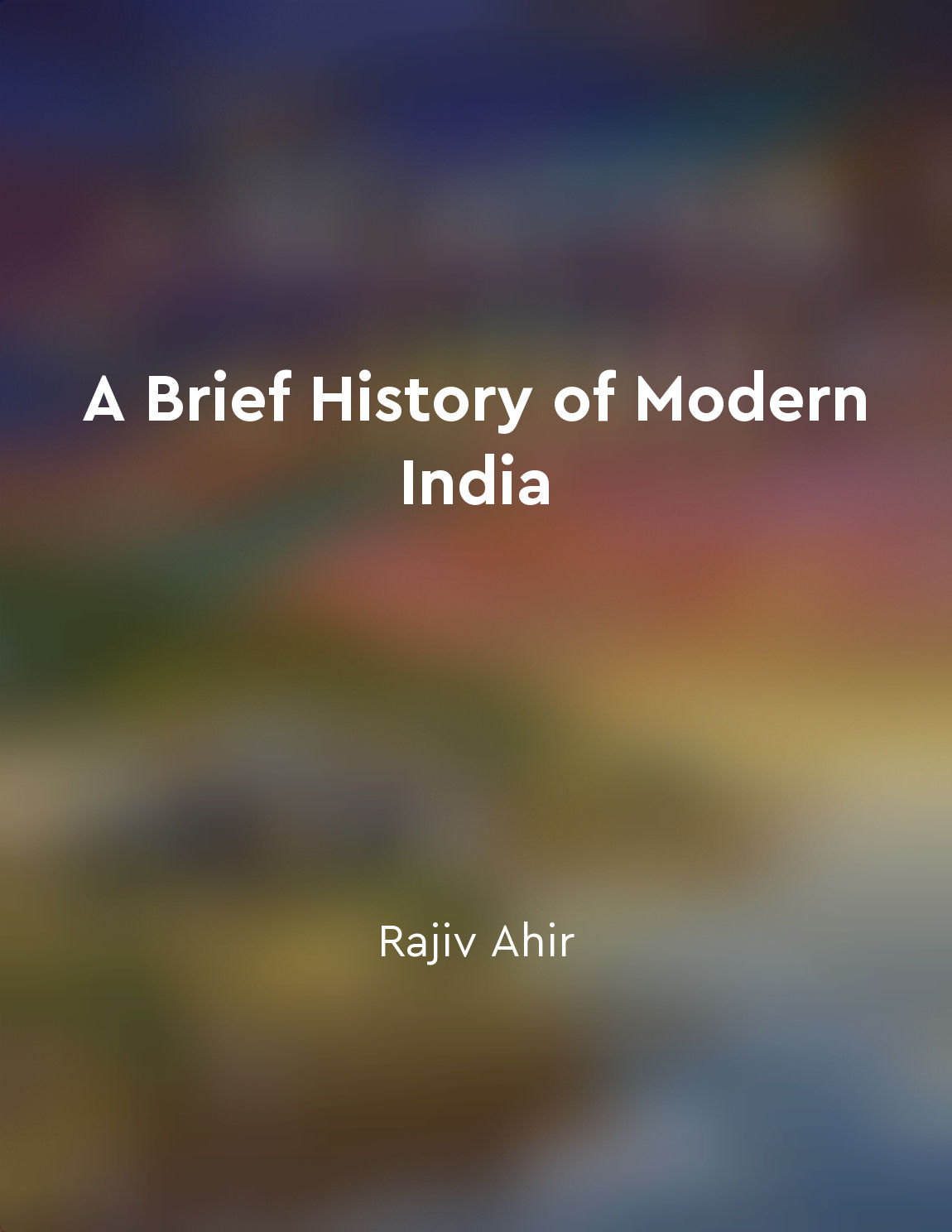Emergence of regional political parties from "summary" of A Brief History of Modern India by Rajiv Ahir
During the late 19th and early 20th centuries, India witnessed the emergence of regional political parties as a significant development in its political landscape. These parties were formed in response to the growing demand for regional autonomy and representation from various linguistic and cultural groups across the country. The formation of these parties marked a shift from the earlier dominance of national political organizations and highlighted the diverse political aspirations of different regions within India. The regional political parties played a crucial role in advocating for the interests and rights of their respective regions. They emphasized the need for greater autonomy in decision-making and resource allocation at the regional level, as well as the preservation of local languages, cultures, and traditions. These parties also sought to address the grievances and concerns of marginalized communities within their regions, thus providing a platform for their political participation and representation. One of the key factors that contributed to the rise of regional political parties was the failure of national political organizations to effectively address the specific needs and concerns of different regions. The centralized nature of governance in India often led to neglect and discrimination against certain regions, prompting the formation of regional parties as a means of asserting their identity and interests. These parties acted as a counterbalance to the dominant national political forces and sought to ensure a more equitable distribution of resources and opportunities across the country. The emergence of regional political parties also reflected the growing importance of regional identities and aspirations in shaping India's political discourse. As the country transitioned from colonial rule to independence, there was a renewed emphasis on recognizing and accommodating the diverse linguistic, cultural, and ethnic identities that existed within its borders. Regional parties provided a platform for these identities to assert themselves politically and demand a greater say in the governance and development of their regions.- The emergence of regional political parties signaled a significant shift in India's political landscape, highlighting the need for a more decentralized and inclusive approach to governance. These parties played a crucial role in articulating the aspirations and concerns of different regions, and their presence continues to influence India's political dynamics to this day.


